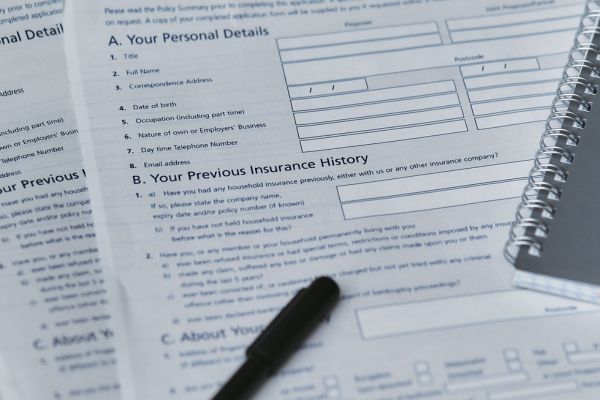When Must Your Vehicle Have Valid Insurance Cover in 2024
Owning a vehicle comes with several responsibilities, one of which is ensuring proper insurance coverage. In this comprehensive guide, we’ll delve into the importance of having valid vehicle insurance, the legal consequences of driving uninsured, and situations where insurance isn’t just a choice but a necessity.
This guide outlines the requirements for valid insurance coverage for your vehicle:
In the United Kingdom, it’s mandatory to have insurance when driving on public roads, encompassing England, Scotland, Wales, and Northern Ireland. This requirement is crucial because in the event of an accident, having insurance to cover damages and potential liability claims is essential. Failure to have insurance can result in direct liability for these costs.
If you’re involved in an accident without insurance or if law enforcement requests proof of insurance during routine traffic stops and you can’t provide it, you may face penalties, fines, or even vehicle impoundment. Claiming ignorance about the expiration of your insurance policy is not a valid excuse.
Insurance policies in the UK typically last a year, and although many people opt out of automatic renewal due to uncertainty about renewal fee increases, it’s imperative to renew your policy before it expires. Allowing your insurance to lapse means driving uninsured, breaking the law, and being liable for damages. In severe cases, this can lead to license points, suspension, or criminal prosecution.
Instances where valid insurance coverage for your vehicle may not be required include:
- Statutory Off-Road Notification (SORN): If a vehicle is not used on public roads, it can be declared “off the road” by filing a SORN declaration, relieving the legal obligation to obtain insurance.
- Historic Vehicles: Vehicles over 40 years old meeting specific criteria may be exempt from vehicle tax and insurance requirements if not used on public roads. However, it’s advisable to have insurance for protection against theft.
- Mobility Aids: Certain electric mobility scooters and other aids used by people with impairments may require insurance coverage in a different category to mitigate liability risks in case of accidents.
- Specialized Use: Some vehicles used exclusively for agricultural, construction purposes, or by law enforcement may be exempt from standard insurance requirements when used on private land or for specific tasks.
Overall, having vehicle insurance is essential not only to protect yourself and your vehicle but also others on the road. Driving uninsured not only violates the law but also increases insurance costs for everyone. It’s better to be cautious and ensure proper insurance coverage. Utilizing an auto insurance comparison website can assist in finding the best insurance deals.
The Continuous Insurance Enforcement (CIE) statute in the United Kingdom was enacted to combat uninsured drivers.
Every vehicle is required to have continuous insurance coverage, without any breaks (except for specific exemptions, which we’ll address later). The Motor Insurance Database maintains an online record of all insured vehicles in the United Kingdom, allowing individuals to verify their coverage status and current insurance provider at no cost.
In conclusion, maintaining adequate vehicle insurance coverage is a year-round obligation. It goes beyond legal compliance; it’s about safeguarding yourself, your passengers, and your financial stability. Consistent coverage is fundamental for driving with confidence and accountability.






